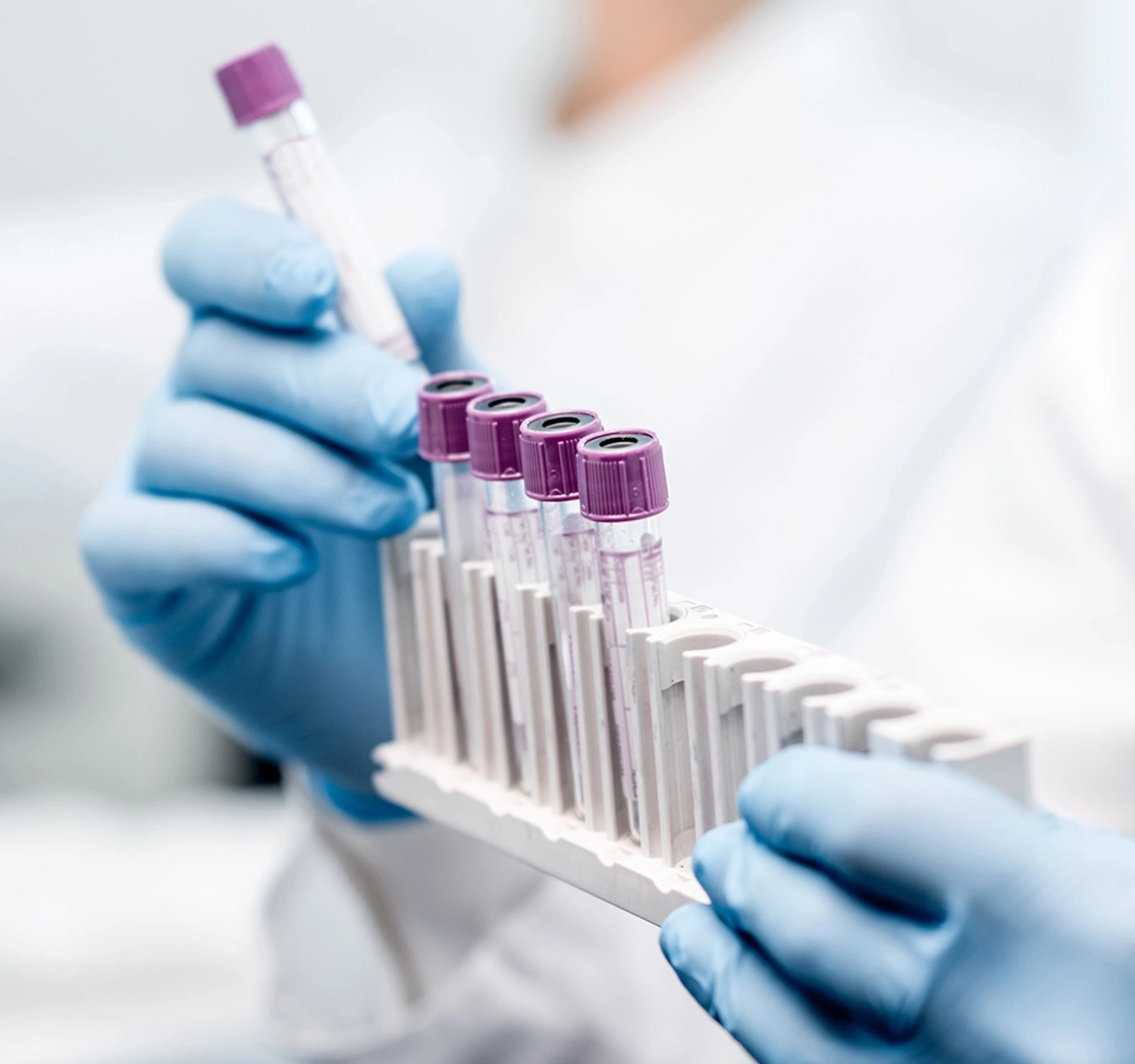Improving lives
Living with type 1 diabetes (T1D) can bring stress and challenges – for the person with the disease and their loved ones. That is why Breakthrough T1D is working to advance T1D research and technology that improve lives and make every day better until cures are found.


Developing better, smaller, less intrusive devices
Imagine wearing a T1D device that required next to no attention from the wearer? Our research into devices is aiming for that goal by developing artificial pancreas systems that provide fully automated insulin delivery from a single miniaturized or even implantable device. We are also supporting development of devices that continuously monitor ketones alongside glucose to minimize the risk of diabetic ketoacidosis (DKA).
Currently available technologies that were developed in part with Breakthrough T1D support are improving and even saving lives, every day. By monitoring glucose levels, providing information to enable accurate insulin dosing, sending high and low alerts even in the middle of the night – these innovations are helping people living with T1D and their caregivers to do what they want and be who they want.

Advancing next-generation insulins and other drugs that improve glucose control
Insulin therapy has come a long way since its discovery over 100 years ago, but it is still far from perfect. Breakthrough T1D research in this area supports the development of glucose-responsive or “smart” insulins, which would be activated in the bloodstream only when glucose levels increased, removing carb-counting and dosing challenges, and eliminating the risk of hypoglycemia.
We also support the development of adjunctive therapies – new medicines that can be taken alongside insulin – that will improve glucose control and other metabolic imbalances in people with T1D, as well as potentially reduce the risk of complications.

Reducing the risk and treatment of complications
Breakthrough T1D is also supporting work to better predict, prevent and treat complications of T1D in people who have lived with the disease for decades. Our areas of focus are diabetic retinopathy (which can lead to blindness), diabetic kidney disease, and cardiovascular disease.

Improving mental health with T1D
Mental health remains an under-researched, yet essential aspect of T1D management. People with T1D are at increased risk of mental health issues including anxiety, depression, eating disorders and diabetes distress.
Breakthrough T1D’s research in this area supports development and testing of behavioral health interventions that will improve the mental health of people living with T1D, and may also improve clinical outcomes such as glucose control and risk of complications. We also aim to capture psychosocial outcomes in any clinical research that we fund.
In parallel with our research in this area, we offer community support and connection, a Mental Health + Diabetes Training Program for both our community and mental health providers, and information for healthcare professionals on mental health and T1D.
Learn more about Breakthrough T1D-funded projects in Canada on Improving Lives.
Breakthrough T1D-funded projects
Canadian researchers have always been at the forefront of cutting-edge research into T1D and are working on Breakthrough T1D funded projects today that may help to develop treatments that will cure type 1 – and prevent it too.
Breakthrough T1D stewards all donations and support we receive to accelerate the most promising research. Breakthrough T1D-funded researchers in Canada are working hard on cures.